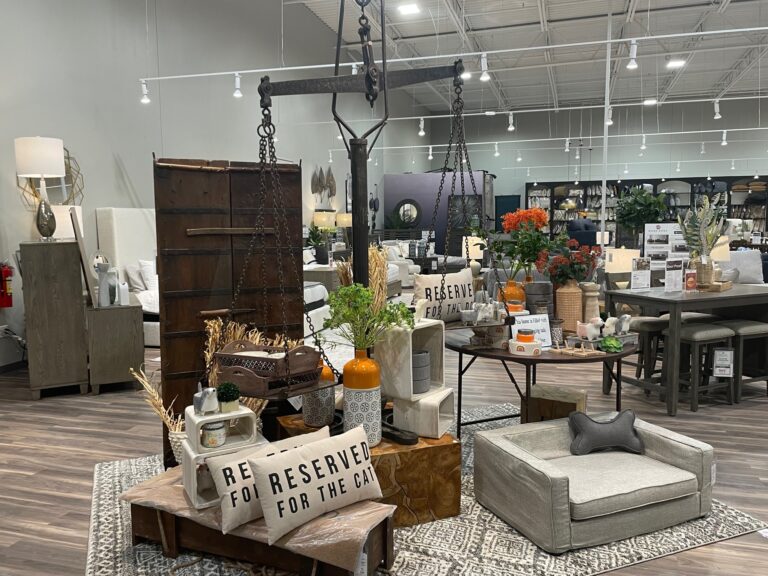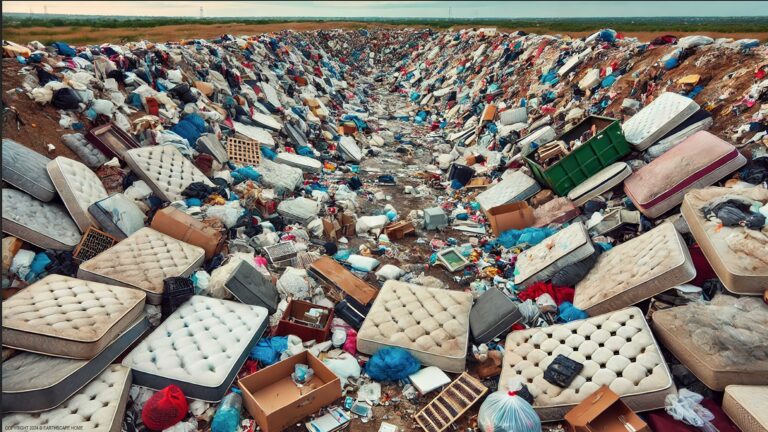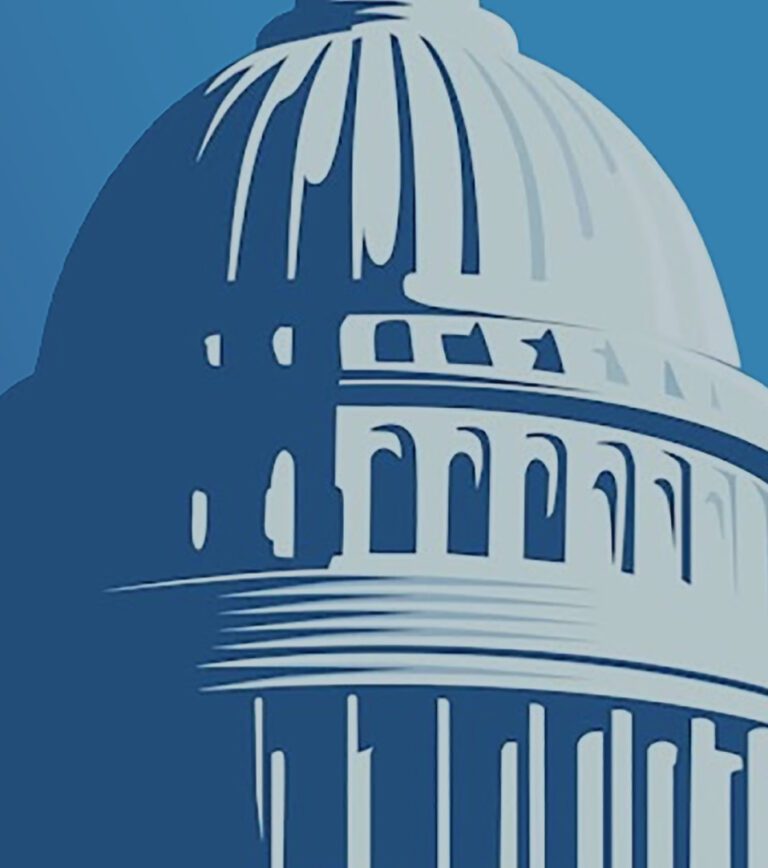Global markets might be breathing a sigh of relief this week after President Trump and his Chinese counterpart, Xi Jinping, agreed to a cease-fire in their escalating trade war, but HFA members are not so confident. Many say the truce only delays the inevitable: Another tariff increase.
Under the handshake agreement , which came at the close of the Group of 20 summit in Buenos Aries late Saturday night, Trump won’t raise tariffs while negotiations continue and China will purchase more energy and agricultural products from the United States, according to a White House statement.
The truce between the two leaders means Trump is essentially backing off his threat to raise U.S. tariffs on $200 billion worth of goods from 10 percent to 25 percent on Jan. 1. Those goods overwhelmingly include many household items including furniture and furniture components such as metal coils and fabric.
But that truce might not last long. Both leaders agreed to a 90-day moratorium, hoping the extra time will allow for a resolution to be found. And in a series of Twitter posts Tuesday morning by Trump, that agreement appeared to be further eroding. Trump again threatened to slap a range of import penalties on Chinese import penalties if they did not make major changes in their economic relationship with the United States.
“President Xi and I want this deal to happen, and it probably will,” Trump wrote. “But if not remember, I am a Tariff man. When people or countries come in to raid the great wealth of our Nation, I want them to pay for the privilege of doing so. It will always be the best way to max out our economic power.”
The president’s latest tweet only reinforces retailers and industry experts’ skepticism that an agreement can be reached, saying the time frame is ambitious given the unresolved issues between both countries.
HFA member Matt Schewel, director of store operations at Schewel Furniture, said Saturday’s announcement “merely postpones the uncertainty for U.S. furniture retailers.”
Schewel once covered trade policy as a journalist In Washington before joining the family business. “Having witnessed previous trade negotiations, I find it highly unlikely that China will agree to massive structural reforms to its economy within three months,” he said.
Already the United States has slapped tariffs on $250 billion of Chinese goods, or about half of all imported products from China. Beijing responded by imposing similar tariffs on about $110 billion of American merchandise, or roughly 85 percent of all U.S. imports.
The moratorium was of little solace to Irwin Danto, the third-generation leader of Danto Furniture in Detroit. “I was hoping for some sanity to all this, but nothing’s really changed,” he said. “Call it what you want, a tariff or a tax but it’s coming.”
Danto does a substantial amount of business in Chinese-import lines like Ashley, Coaster and Furniture of America. Ashley and FoA are transitioning their manufacturing to Vietnam in anticipation of the tariff increase.
Danto said the tariffs won’t affect pricing on his current inventory, but future invoices will reflect the tariffs. He’s not sure a price increase will be as damaging as many retailers first thought. He said millennials might not be as driven by price as older consumers, and that consumers are driven by the discount rather than the price.
Still, said Danto, he would like to see the tariffs go away. “The economy can be so much better for both countries,” he said.
Chris Andersen, the Home Furnishings Association’s chief lobbyist in Washington, said retailers should not read too much into the handshake agreement. “The reality is this deal could have been made months ago by both sides so, really, nothing has changed except Dave agreed to continue talking,“ said Andresen.
Andresen said China has felt the greater pain from the exchange of tariffs, in part because it relies more on exports. “Trump still has the leverage here, but whether he can make something happen is very much in doubt.”









